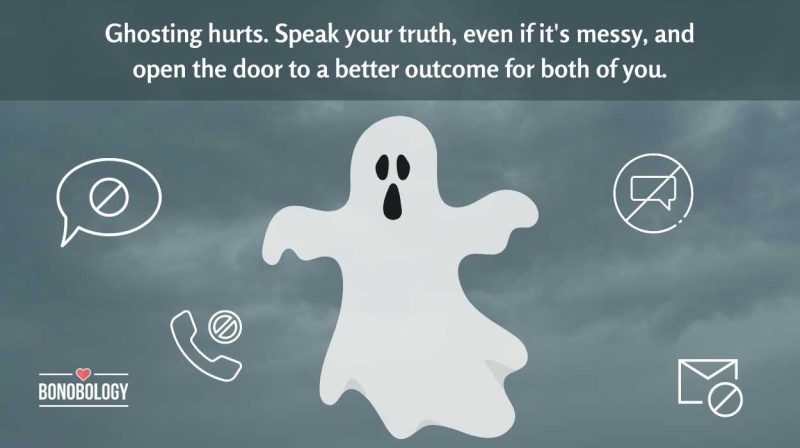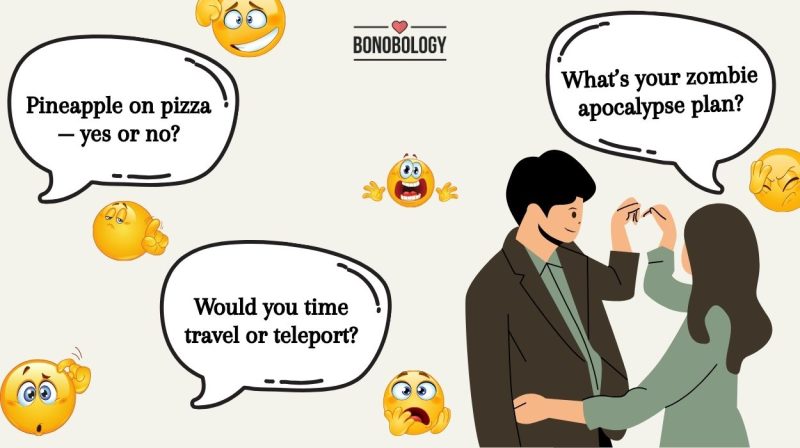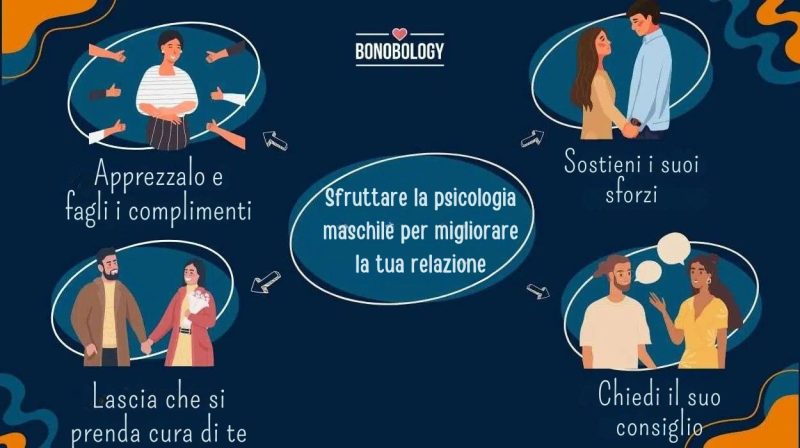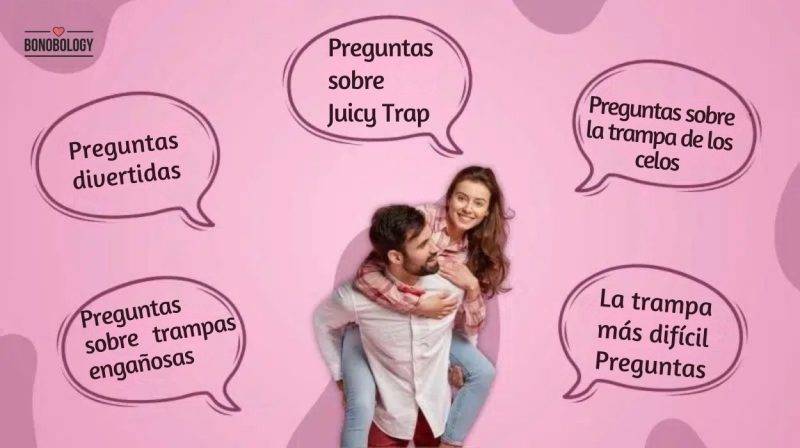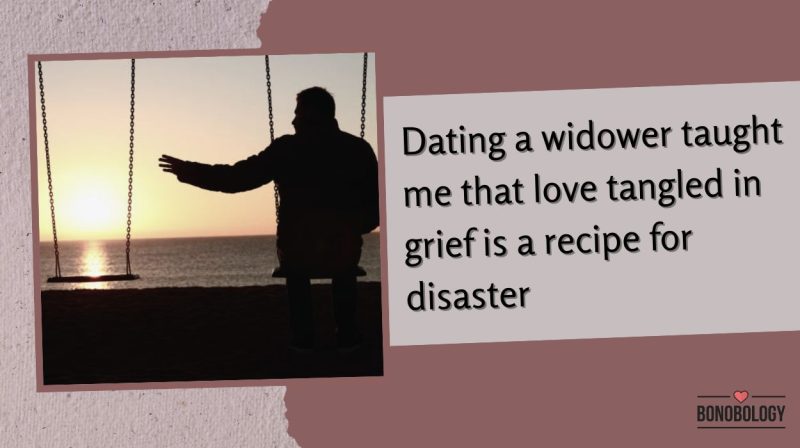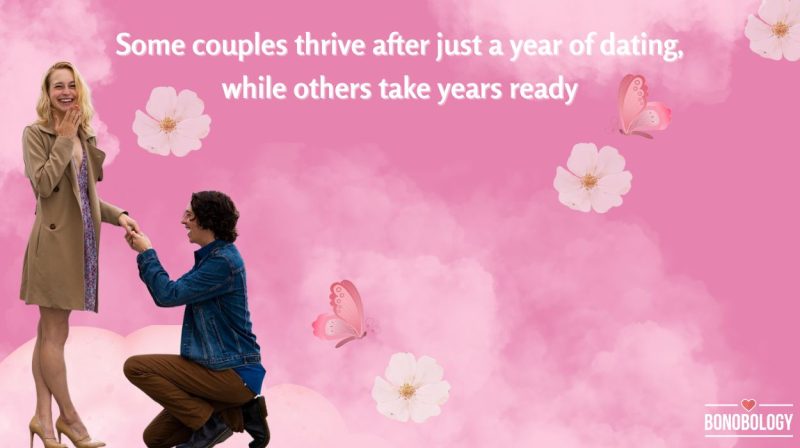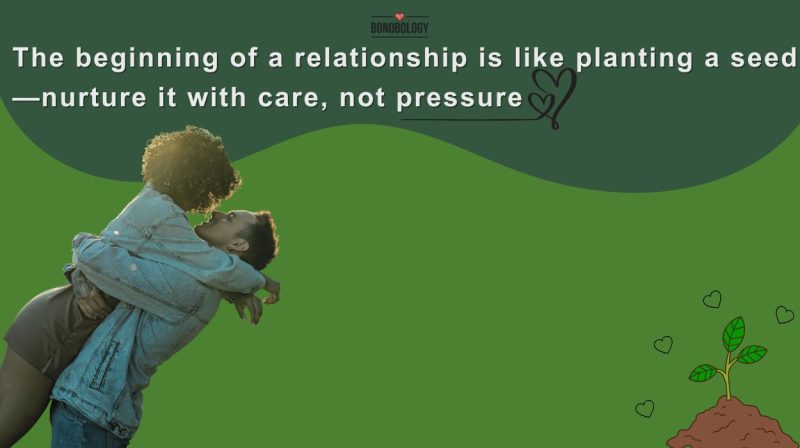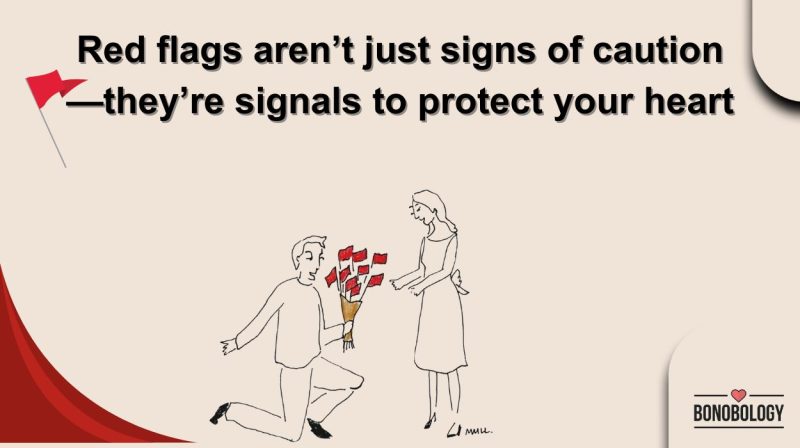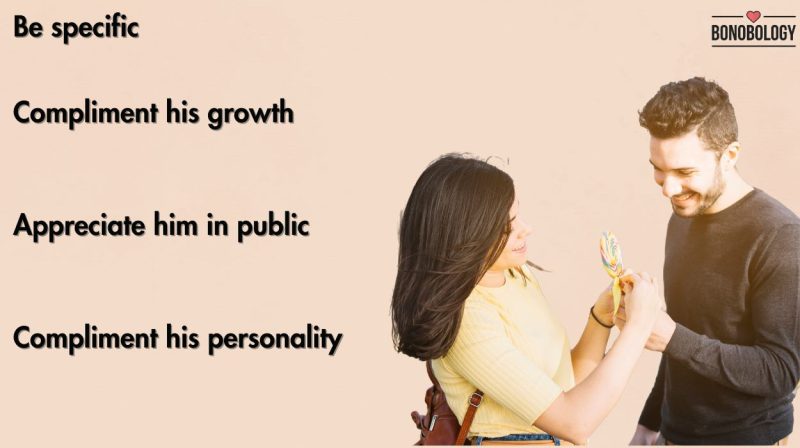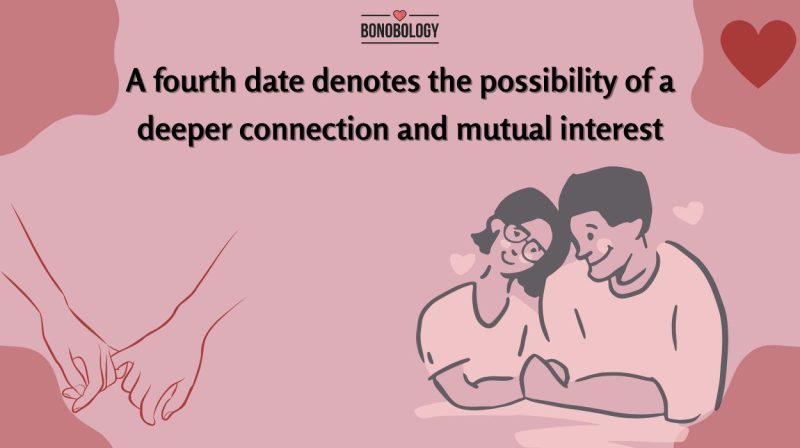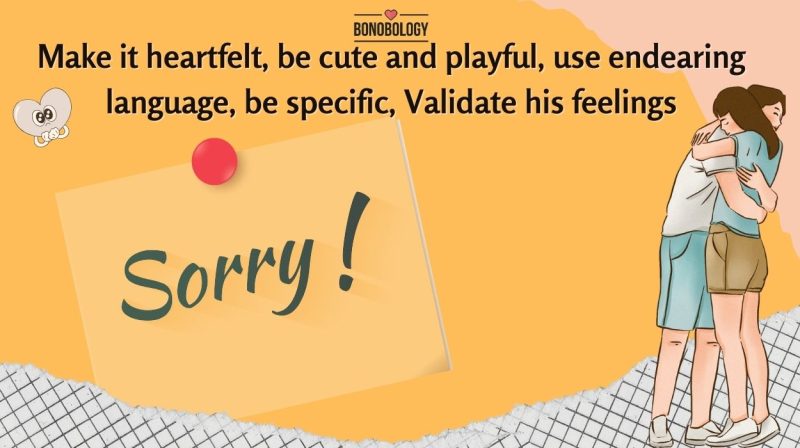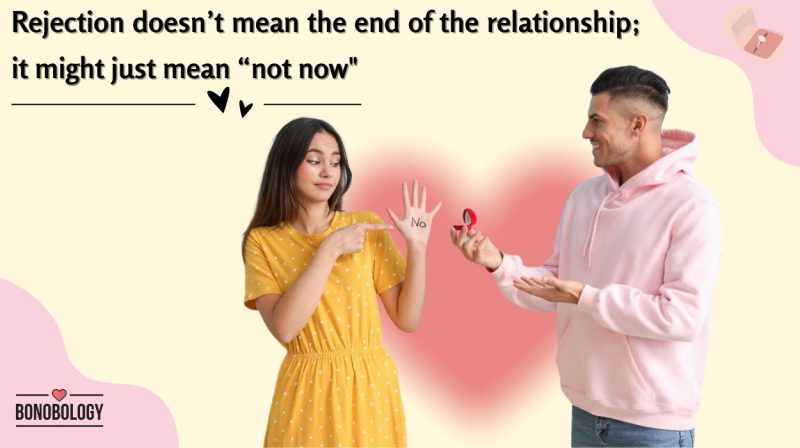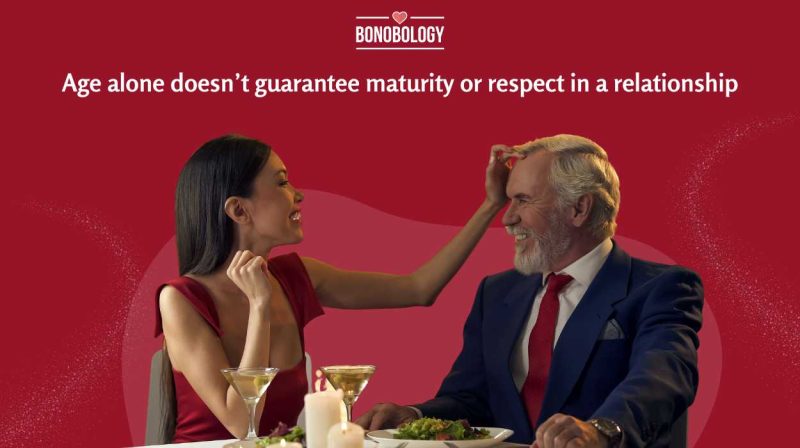You connect with someone, you see potential, you start talking, but things don’t quite veer in the direction you’d have hoped. Maybe you’re put off by little annoyances like their insistence on using the word “literally” in every sentence or perhaps you’ve stopped more glaring red flags like clinginess. Now, you want to cut them loose, and ghosting starts seeming like a great option. Before you hop on the bandwagon, take a moment to understand what ghosting says about you: that you lack the maturity to handle difficult conversations or sensitivity to accord the other person the basic courtesy of closure.
Contrary to popular perception, it is not ‘cool’ to ghost someone. Is ghosting immature? It absolutely is. Ghosting someone gives you the illusion of power. It might seem like the easiest way to end a relationship but frankly, there are better ways of saying you’re not interested anymore. E.g., “I’m sorry I don’t think we’re well-suited for each other.”
Often, people who ghost someone might even feel a sense of pride (the au-da-ci-ty!) at having rejected someone so slyly. But you ought to remember, no matter what you tell yourself there are just no good reasons to ghost someone, except if the person you’re with has abusive/violent tendencies and going incommunicado is the only way of self-preservation available to you. However, given how rampant ghosting is, these are far from the only reasons why people resort to pulling the vanishing act.
Most people choose to do it because hitting the block button seems like a much easier choice than dealing with dumping someone. If you have resorted to it in the past or are considering it, it helps to be mindful of the message you send out when you choose to ghost someone. Let’s take a closer look at what ghosting says about you, with insights from psychologist Juhi Pandey (M.A, psychology) who specializes in dating, premarital, and breakup counseling.
What Is The Psychology Of Ghosting?
Table of Contents

Everyone who has been on the modern dating scene knows what a gut punch getting ghosted can be. But how does the ghoster feel after ghosting someone? More often than not, when a person ghosts another, they look for ways to tell themselves that they did the right thing and carry on with their life. Ghosters make it their mission to avoid feeling guilty (because they would have to admit they did something wrong). They avoid the topic as much as ghosts avoid daylight.
However, no matter how much you convince yourself that you have good reasons to ghost someone, there is a clear message in taking this route to nip a connection in the bud. What ghosting says about you is that you’re generally afraid of confrontation. You would rather communicate with your actions than with words. Your attitude might come across as a little passive-aggressive, meaning you would rather lose an arm and a leg than have an emotional conversation. Explaining the psychology of ghosting, Juhi says that it reflects the following things about the person resorting to it:
- Dodging confrontation: The ghoster is trying to dodge a confrontation. Ghosting is their defense mechanism to guard against being questioned. There is a thin line that demarcates running away from shielding, and when you ghost someone, you cross that line
- Lack of confidence: The ghoster is not confident enough to face the other person and is hence retreating into their shell to avoid an interaction
- Insecurity: While you may have the urge to call out someone who ghosted you, it might actually be the ghoster who feels insecure and unsafe when interacting with you
- Fading interest: One of the most common reasons for ghosting in a relationship is fading interest or a loss of connection
Psychologists Thomas, Jhanelle Oneika, and Royette Tavernier Dubar in their study of psychological consequences of ghosting have noticed that ghosting is usually very negative for the ghostee but it also affects the ghoster and says a lot about their personality and characteristics in a relationship.
They have described ghosting to be emotionally traumatic as it is very similar to receiving silent treatment. It can cause the person at the receiving end serious mental pain, leaving them wondering how to respond to ghosting and not letting it take a toll on their self-esteem. There is a pattern to most ghosters. They usually leave after getting what they want (which is usually sex). Clinical psychologist Carla Marie Manly (Ph.D.) says, “The more time people have spent with each other — and the more emotionally intimate the connection — the more likely it is that ghosting will be mentally and emotionally harmful to the ghosted person.”
Commitment issues are one of the main reasons why people ghost their intimate partners. What ghosting says about you is that you might be insecure. The prospect of something long-term and permanent threatens people who prefer ghosting to formally breaking up.
Related Reading: Is Caspering Less Brutal Than Ghosting?
9 Things Ghosting Says About You More Than The Person You Ghosted
What ghosting says about you solely depends on your character and behavior patterns. It is assumed that if you’ve ghosted once, you are likely to do it again. This might also negatively impact your future relationships. When you ghost someone, you give the message that you are unable to confront them and perhaps suffer from a fear of commitment. When you are in a relationship, understandably, it might get overwhelming sometimes. But that doesn’t give you the right to ghost someone. Not only is it immoral but it also paints you in a negative light. Here are 9 things ghosting says about you:
1. Ghosting is synonymous with cowardice
Ghosters get into relationships (mostly due to physical attraction) and look for an escape at the first sign of something long-term. You have the gall to leave but don’t have the spine to tell your partner that. You don’t give your significant other an explanation (much less closure after breakup) and run as fast as you can from the situation.
If that is not cowardly, I don’t know what is! Ghosters refuse to acknowledge the gravity of the situation and seem to think that ghosting someone is the appropriate response. What ghosting says about you is that you are unable to face the music and are scared.
Related Reading: 7 Things You Can Do When A Guy Acts Interested, Then Backs Off
2. What ghosting says about you is that you’re fickle-minded
Sometimes, people also ghost when they have too many options. You are generally looking for something casual and may not be ready for a committed relationship. You get physically attracted to others while you are dating someone. And instead of cheating or breaking up, you just ghost the person you date.
But in my opinion, these habits are cut from the same cloth. Ghosting is just as bad as cheating on someone because you are mentally torturing the other person in both situations. You need to realize that what ghosting someone says about you is that you don’t care about people’s feelings at all. You are easily influenced and can’t make up your mind.
3. Questionable morality
Ghosting in a relationship means actively causing the other person pain. And no matter how much you tell yourself that it is for the best or you have good reasons to ghost someone, it isn’t. It not only hurts the person you ghost but you as well. What ghosting says about you is that you might have a weak conscience.
It lets the world know that you would rather pretend someone doesn’t exist than have a mature and civil conversation with them. It is morally wrong to leave without explaining. And it is morally wrong to not understand the repercussions it holds for both you and your partner.
4. Abandonment issues
A tendency of ghosting people indicates that you might have abandonment issues. Usually, when you are eager to leave, it is because you are afraid your partner might leave you one day. Ghosting is your way of dealing with this fear of rejection. You are not comfortable with the thought that your partner can leave you whenever they want and so you hold yourself back from investing emotionally or committing to them. You may prefer ghosting someone you love to waiting for the other shoe to drop—which, given your insecurities, is always a looming fear in your mind.
5. Immaturity
Is ghosting immature? Hell, yes! The inability to have an honest, albeit difficult, conversation is indicative of emotional maturity. So is the fact that you don’t quite care about the emotional havoc you wreak on the other person in your bid to shy away from a confrontation. After all, what is ghosting in a relationship if not a ruthless way to stomp over the feelings and emotions of someone who cares about you? If you’re willing to pull that off, you’re certainly not mature or ready for a serious, mature relationship.
Related Reading: How Do You Tell Someone You Are Not Interested In Dating?
6. It shows you are insecure
Insecurity is at the core of ghosting. You don’t think you are good enough for your partner; to deal with this insecurity, you try to put yourself in a position of power by ghosting the person you’re dating, or worse still, ghosting someone you love. The underlying causes of your insecurities notwithstanding, they manifest into something ugly like ghosting and before you know, you can’t stop.

7. You might have commitment issues
When you can’t have a loyal relationship and your dating history is a string of short, casual flings, it signifies that you are scared of commitment. You have a fixed notion that relationships don’t last or that they are not worth it and you find excuses to leave. What ghosting says about you is that you can’t deal with complex emotions. Instead of having a ‘messy’ conversation with your partner, you choose to leave (even if you like them). After all, what is ghosting in a relationship if not a coward’s way out.
8. You have superficial interests
Think about it, would someone ghost their partner if they were emotionally invested in them? They wouldn’t! Hence what ghosting says about you is you only seek superficial relationships based on physical or sexual attraction. Once that pull begins to weaken, so does your interest in the person. Instead of working on deepening your connection, you prefer to bolt. With little regard for the effect it will have on the person getting ghosted.
Related Reading: 15 Signs A Commitment-Phobe Loves You
9. You’ve no interest in a meaningful relationship
When you are a serial ghoster, you don’t have a lot of serious relationships. You are not around long enough to build a beautiful future with your partner. When you ghost continuously, it might insinuate that you are not interested in getting married, having children, or settling down in a house with white picket fences. Ghosters only focus on the present. They don’t factor in the long-term side effects ghosting might have. Not only does it cause their partner great distress but it also might prevent them from ever having a meaningful relationship.
Things You Can Say Instead Of Ghosting
Ghosting is a vicious cycle that not only affects your partner but might also affect you. Instead of ghosting, it is advisable to have a mature and civil discussion. You need to allow your partner to get closure so that both of you can move on in your respective lives.
Juhi advises, “It is better to be upfront and honest rather than ghosting someone you love or have been romantically involved with. You can simply communicate what you are going through and make things easier and better for both the partners.” We can’t agree more. That’s the reason we have come up with 6 responses you can use instead of ghosting people:
- “I am caught up with too many things of late, making it difficult for me to make this relationship work.” Let your partner know that you are busy with other commitments. Communicate to your partner if you are finding it difficult to maintain a stable work-life balance instead of resorting to ghosting
- “I don’t feel a deep soul connection between us. I see no point in dragging a relationship that lacks compatibility and love. It will be better for both of us to part ways.” Rejecting your partner or a romantic interest can be hurtful but it is still a lot less brutal than pulling a disappearing act
- “Hey, I have had a really good time with you. Thanks for giving me memories for a lifetime. I appreciate the person that you are but somehow I am not in a position to take things forward.” A little appreciation goes a long way. Expressing your gratitude for your partner with a little ‘thank you’ before you say ‘goodbye’ will surely lessen the pain for them
- “I am in a phase of life where I wish to settle down. Casual dating is not working for me anymore.” This is one of the perfect texts to send instead of ghosting—it tells the other person that you are mindful of your relationship
- “I’ve had a great time with you but due to some personal stuff, I can’t take this any further. Please respect my decision as I need time to work through a few things.” Getting ghosted can strip a person of their mental peace. A simple text to send instead of ghosting can take the burden off your chest
- “I know we make a great couple but I don’t see myself committing yet. I thought I was ready to be in a serious relationship but as it turns out, I am not.” Admit that you are not ready for a relationship. Be honest in communicating your feelings
Related Reading: 23 Best Ghosting Responses That They Will Always Remember
Frequently Asked Questions
1. What type of person is a ghoster?
Juhi identifies a ghoster as a person who is self-centered, and underconfident. Ghosters lack empathy as they do not consider what getting ghosted may do to the other person. Add image
2. Do ghosters feel guilt?
Guilt for ghosting depends on the reason behind ghosting. If it is because of someone’s lack of communication skills or if it stems from someone’s reckless and devil-may-care attitude, then there might be no guilt. On the contrary, if it is a case of ghosting to avoid confrontation or for attention, then they might be ashamed and guilty of their wrongdoing.
3. Is ghosting a personality disorder?
Juhi points out ghosting can be a personality disorder in people who are very impulsive or impetuous. They might be experiencing emotions with greater intensity, making them capricious. But, it is not always a personality disorder. Ghosting can also be a behavioral pattern for some.
Key Pointers
- Ghosting says more about the person pulling the vanishing act than the one at the receiving end
- Ghosting is a behavioral pattern triggered by reasons like commitment phobia, cowardice, immaturity, insecurities, and lack of empathy
- A ghoster should try to open up and talk it out instead of walking out on a relationship without saying ‘goodbye’
- Effective and honest communication and expression of feelings is significant
Final Thoughts
If you’ve ever been ghosted, then this article is a reminder that it was them, not you. More often than not, it is the fault of the person who does the ghosting. It shows that they have weak communication sense and a lack of basic decency. You might wonder, “How does the ghoster feel after ghosting someone?” While we may never know for sure, most ghosters do feel bad in the long run. So, rest easy and stay away from ghosters.
Your contribution does not constitute a charitable donation. It will allow Bonobology to continue bringing you new and up-to-date information in our pursuit of helping anyone in the world to learn how to do anything.

